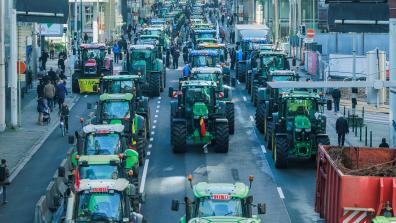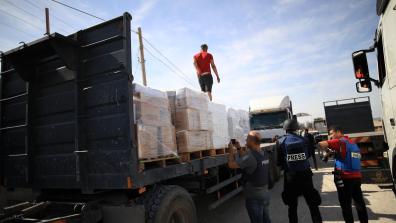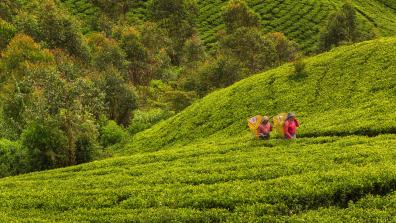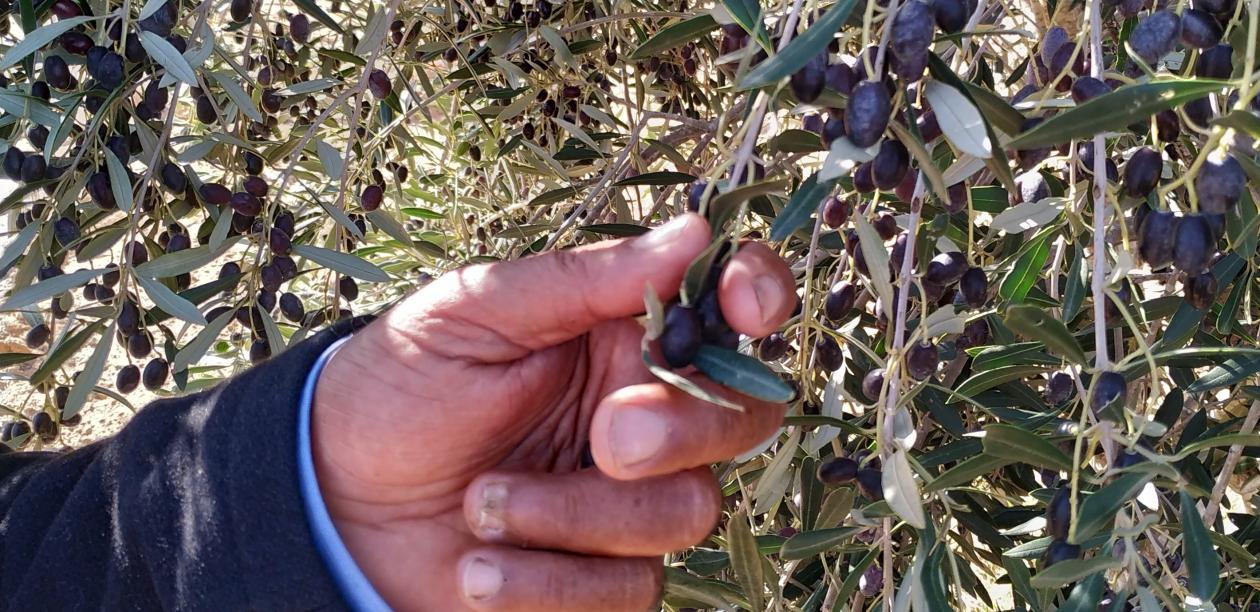War on Want supporting farmers in the global food crisis
Dr. Weerakoon told us:
"Food prices are going up globally, and we have felt this trend in Sri Lanka too, especially for rice - our staple food. Prices for coconuts, vegetables, pulses, milk, fish and cereals are also increasing. This has created serious problems over food for both the rural and urban poor who live on less than $2 per day.
"In Sri Lanka the majority of farmers are small holders with less than one acre of land. Rice farmers in the country, who produce for the local and national markets, benefited to some extent from food price increases. But it was the middlemen, millers and wholesale and retail traders who really benefited. Consumers are the most affected by the rising prices, and the government has had to impose price controls on rice."
What does food justice mean to small farmers in Sri Lanka?
"In the past, farmers cultivated a wide variety of crops for their own use, using local resources. They sold the excess to local markets and assured both household and local food security in this way. They could also control the production factors, especially land and water resources, seeds and biodiversity.
"But now Sri Lankan farmers have become completely dependent on external resources to grow food. In order to combat shortages, the government adopted 'green revolution' technologies, which required fertilizers, chemicals and hybrid seed varieties, which all had to be bought outside the community. In order to afford these additional things, farmers had to produce cash crops rather than to secure their food requirements. And when prices for these inputs rise, as is happening now, farmers have an even more difficult time affording them.
"Increasing fuel prices also have a significant impact on food price increase, making land preparation, harvesting, threshing, transportation and milling more expensive. Another emerging issue MONLAR has observed is the cultivation of commercial crops like maize, papaya and banana in paddy lands and growing only one crop, such as maize, on land formerly used for mixed crop cultivation. Maize is mainly grown for animal feed, and this creates serious negative impacts on local food production and threatens food security.
"Due to these changes in Sri Lanka 169,000 farming families have lost their land, and rely on agricultural wage labour which is available only during cultivation seasons."
What is MONLAR doing to support farmers?
"MONLAR has developed alternative strategies and policies in conjunction with local NGOs and academics, to be presented to policy makers in Sri Lanka.
"MONLAR is also working with farmers to undertake crop cultivation using locally available resources (such as local seeds and green manure). This would minimise production costs and regenerate soil fertility and moisture on a sustainable basis. "MONLAR is also working with community groups to establish food sovereignty on the local level by coordinating the sharing of food produced by farmers, and selling surpluses at local fares."
What can people in the UK do to help?
"MONLAR's work needs substantial financial support to create awareness at individual, community and government level. It is by raising awareness at these levels that pressure can be applied for change and improvements made for Sri Lanka's farmers."



